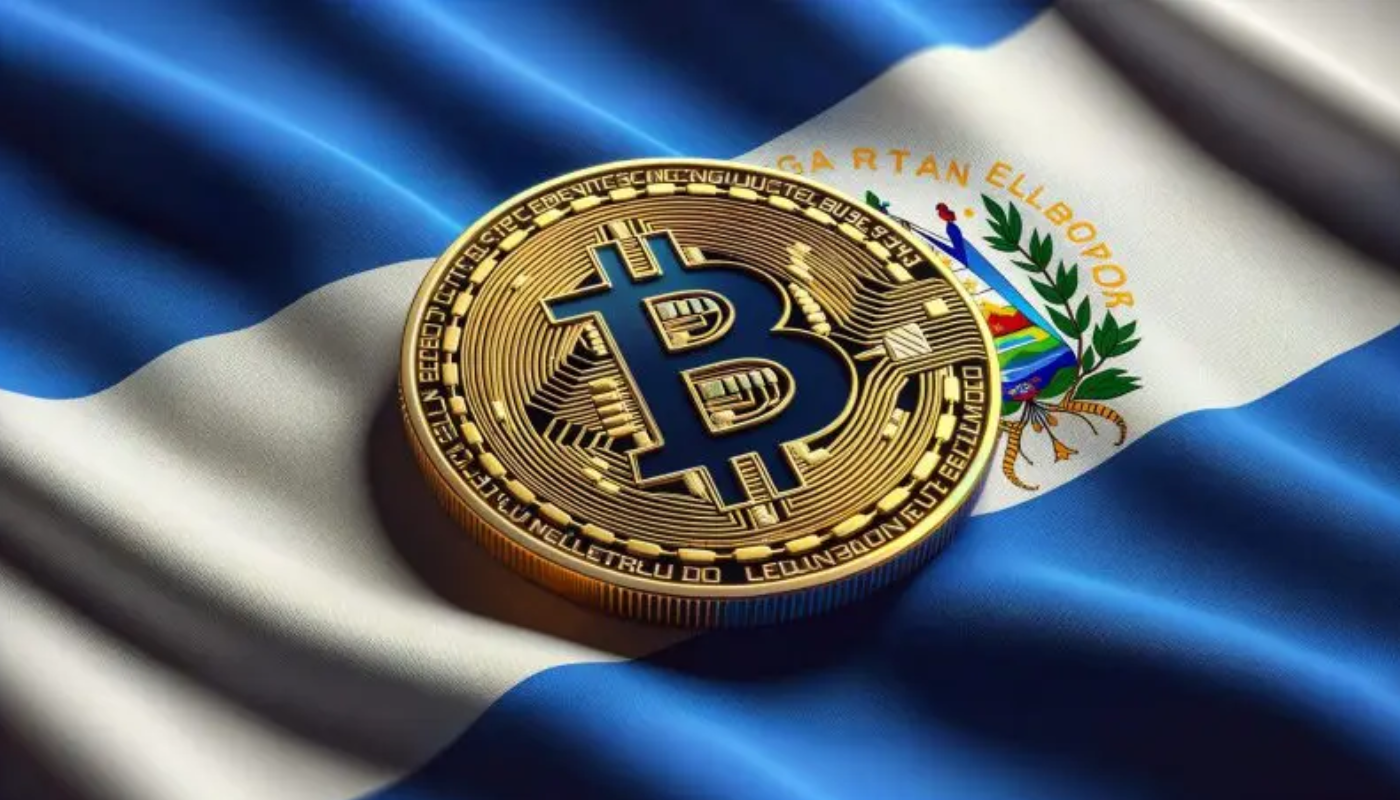Bukele’s Zero-Debt Budget Aims to Fix El Salvador’s $39B Debt Crisis by 2029
Please note that we are not authorised to provide any investment advice. The content on this page is for information purposes only.
El Salvador’s President Nayib Bukele has proposed a radical zero-debt budget plan aimed at steering the country’s struggling economy towards recovery.
With El Salvador currently grappling with high public debt and one of the highest inflation rates among dollarized economies, Bukele’s bold proposal seeks to operate the nation entirely on its available funds, without issuing new debt.
While some critics have voiced concerns over the feasibility of this plan, particularly given El Salvador’s reliance on institutions like the International Monetary Fund (IMF), Bukele’s overwhelming 90% approval rating gives him the political leverage to pursue such drastic economic reforms.
#Bukele anuncia que, por primera vez en décadas, no se endeudará ni pedirá préstamos para financiar el país. El Salvador no gastará más de lo que produce. pic.twitter.com/JbWdNDCLgy
— iquiquevision (@Iquiquevision) September 24, 2024
The budget, if approved, could mark a turning point in El Salvador’s economic policy by reducing the country’s dependence on external borrowing and international institutions.
Austerity as a Path to Economic Stability
Bukele’s plan, part of his second-term economic strategy, emphasizes fiscal responsibility and austerity measures. By refraining from issuing new debt, the government will focus on streamlining public spending to balance the budget.
Critics argue that achieving this might be extremely difficult, given the current size of El Salvador’s public debt, which is nearly equal to the country’s Gross Domestic Product (GDP).
However, supporters see this as a crucial step to stabilize the country’s finances and regain investor confidence.
The harsh economic conditions created by austerity measures suffocate ordinary citizens most.
Poor healthcare, a dysfunctional education system, a lack of welfare services, increased cost of living, high unemployment rate, low minimum wage, etc. all lead to economic contractions. https://t.co/3A6QD6m3Aj— Maphitha (@uMusa_) September 24, 2024
El Salvador is projected to grow 3% this year, outperforming many of its Latin American peers.
Despite this growth, the country’s debt is forecast to climb to $39 billion by 2029 if significant changes aren’t made. Bukele’s proposal aims to halt this trajectory and set the country on a more sustainable financial path.
Potential Impacts on Salvadorans and the Region
Implementing a zero-debt budget would be a challenging task that might impact public spending and, subsequently, the quality of life for many Salvadorans.
However, Bukele’s high approval ratings suggest that the population is willing to support his vision for a more self-reliant economy.
If successful, this plan could serve as a model for other Latin American countries struggling with debt and inflation, showcasing the potential benefits of strong fiscal discipline.
Additionally, Bukele’s plan to curb public debt could stabilize inflation and open the door to increased private investment, which the country sorely needs.
En El Salvador
El retroceso del
Gobierno de facto
De Bukele, está
Llevando al
Oscurantismo pleno
La educación masificada,
La asequibilidad en las
Áreas rurales vuelve
A ser casi nula y en las
Ciudades, de un abandono paulatino
Pero sensible y programas
De estudio débiles. https://t.co/NgsNBJgzdi— Tecomate Alone (@PeutronSolo) September 23, 2024
By fostering economic growth without further burdening future generations with debt, El Salvador could transform itself into a more robust and stable economy.
Key Insights:
- Bukele proposes a zero-debt budget to address El Salvador’s growing public debt crisis.
- El Salvador’s debt is expected to reach $39 billion by 2029 without reforms.
- With a 90% approval rating, Bukele has the political strength to push for fiscal austerity.
In conclusion, Bukele’s zero-debt budget proposal, though ambitious, could be the key to reshaping El Salvador’s economy, reducing debt, and setting an example for other nations in the region.






